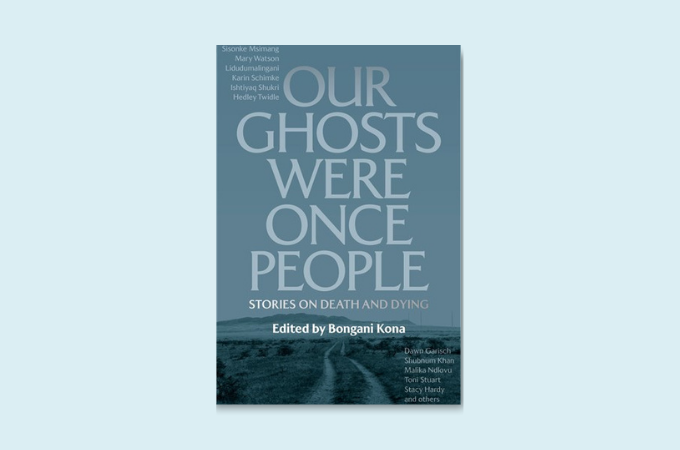
12
For weeks I cannot sleep. My mother asks, ‘What kind of child can’t sleep?’ I am ashamed of my anxiety. Her judgement doesn’t help. I lie awake, nearly every night, worrying about the fact that one day I will die. Most of the time this is a low-level dread, but at night, before I sleep, I feel it in my chest—the weight of it too large for my growing frame. I imagine myself in a coffin but tell myself this is silly because when I am dead, I will not feel a thing. But the idea of feeling nothing is so appalling, so frightfully blank, that I rear up in my bed, sobbing.
Finally, one night I go in search of my father and he tells me it is normal and says he wishes he believed in God because that might help, but he doesn’t so I’m going to have to stare it in the face. He assures me it will be a long time before I need to worry about death. I don’t believe him, but I carry on regardless. Accepting that I will die—even if I hate it—is the first heartbreak I have encountered about which nothing can be done.
Death is an immovable, unbreakable truth.
I have been scared of dying since I turned 12 in 1986, the year of the Chernobyl nuclear disaster during the late stage of the Cold War. America and the Soviet Union were constantly on the verge of blowing up the planet, stockpiling nuclear bombs in the futile hope that whoever pressed the button first would die last.
It was also in 1986 that the space shuttle Challenger exploded in the sky, broadcast live on television.
Seven American astronauts were incinerated, and for a long time afterwards I could not look up without thinking of their burning bodies turned instantly into ash in the sky. My family was living in Canada at the time, and because of how close we were to America, it felt as though that terrible fire had burned in our own skies. I was certain there were astronaut ashes in the rain and in the Rideau Canal across which we skated when it was frozen in winter. I was sure little particles of them were in the snow that made everything muffled and cold for months on end until spring suddenly appeared.
The thing that hath been, it is that which shall be; and that which is done is that which shall be done, there is nothing new under the sun. [Ecclesiastes 1:9]
The Challenger crash was my first memory of watching and re-watching death on television. I remember being astounded by the blueness of the sky and the brilliance of the day. There was no forewarning. Fifteen years later I had the same feeling watching a plane speed up and crash into twin towers on another perfectly sunny day. Death doesn’t always announce its arrival with dark skies and thunder.
In my twenties I occupied the carefree gap between adolescence and childbearing. I was so busy living, I forgot to worry about death. Both my surviving grandparents passed away during this decade, but I had grown up in another country without them. I barely knew them, so I did not grieve them as deeply as my father did. He loved them of course, but I suspect he cried also for the 30 years he had lost in exile and for the decades he had lived as though they were dead, though they were alive the whole time, awaiting his return.
I was 34 when my first child was born. The minute she was delivered I began to live with the fear that she might die or that I might die and leave her orphaned. She was tiny and yet such a heavy burden; so heavy I forgot she was also a joy. Through her existence I was suddenly invested in the project of immortality. I wanted her to live and yet quite suddenly there were signs that the condition of the world was deteriorating. It was 2008 and there were warnings that all our lives were in peril.
Continue reading the excerpt of Sisonke Msimang’s essay in the collection here.
*******
BUY Our Ghosts Were Once People: Stories On Death and Dying edited by Edited by Bongani Kona | jonathanball.co.za


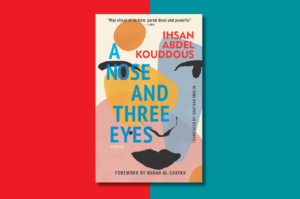
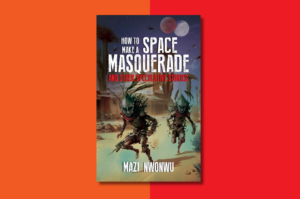
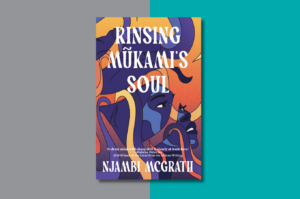
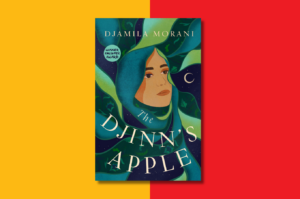
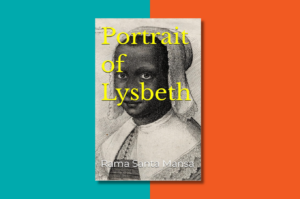
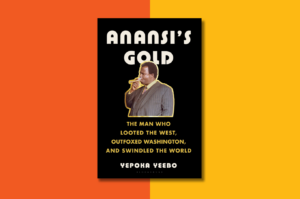

COMMENTS -
Reader Interactions